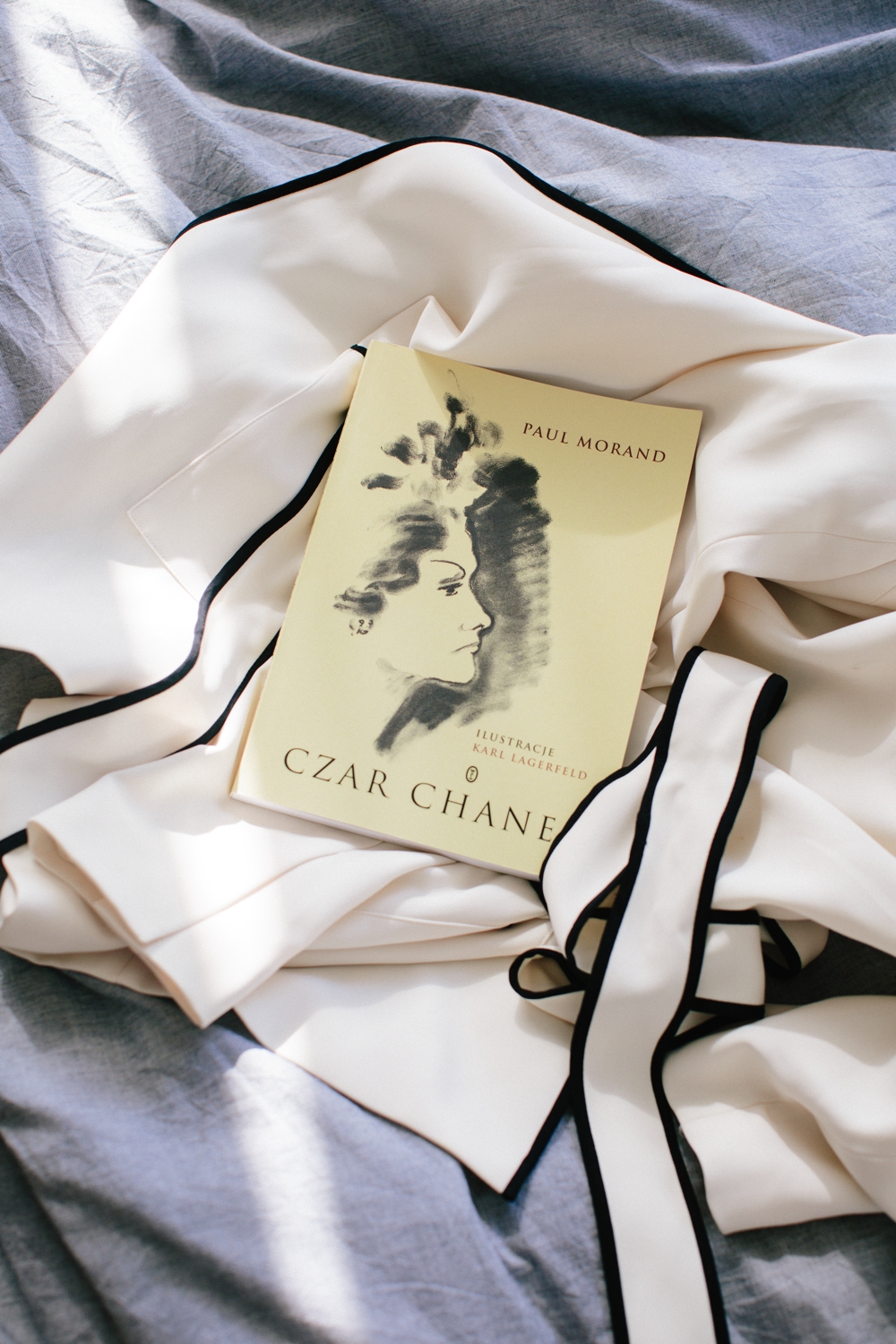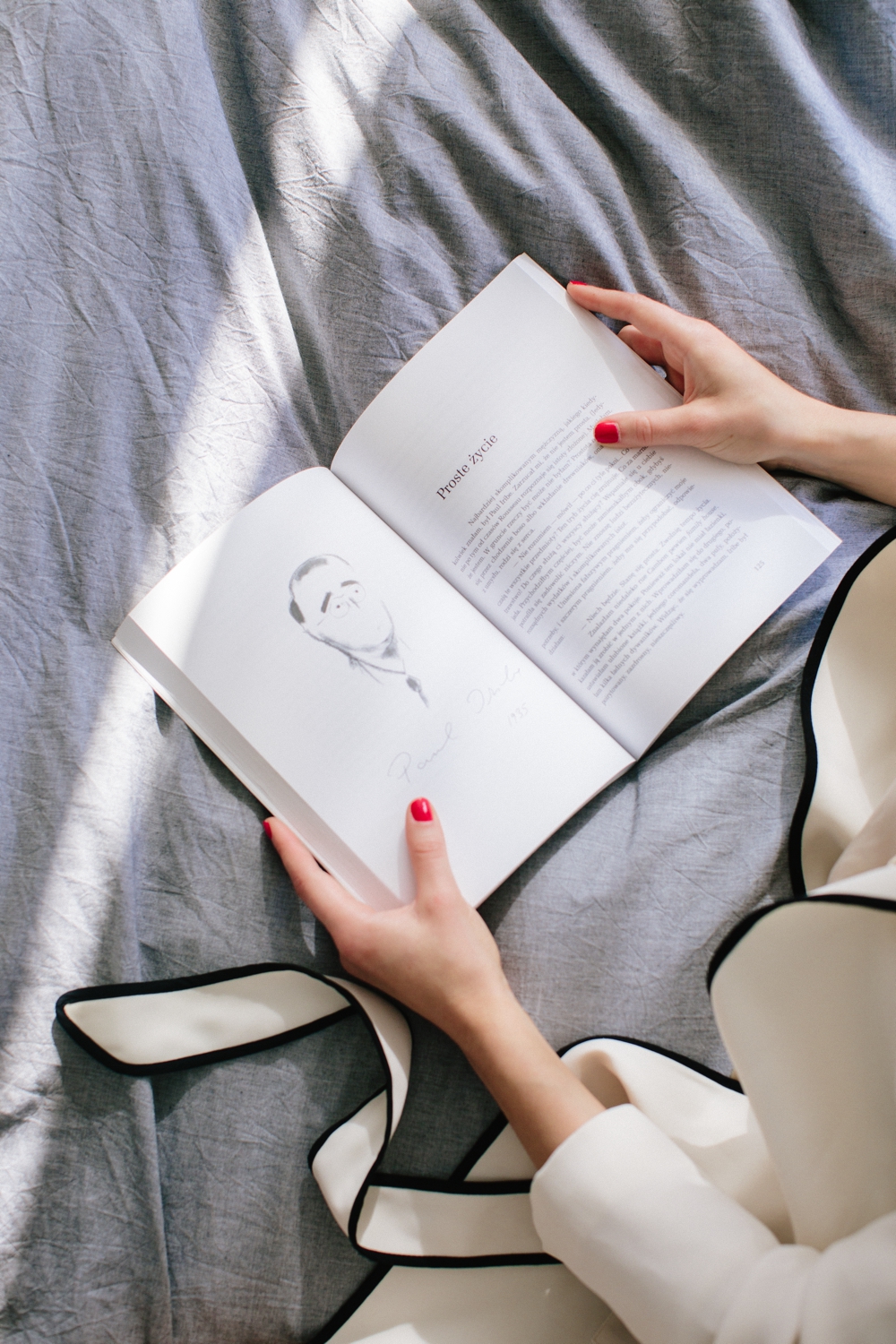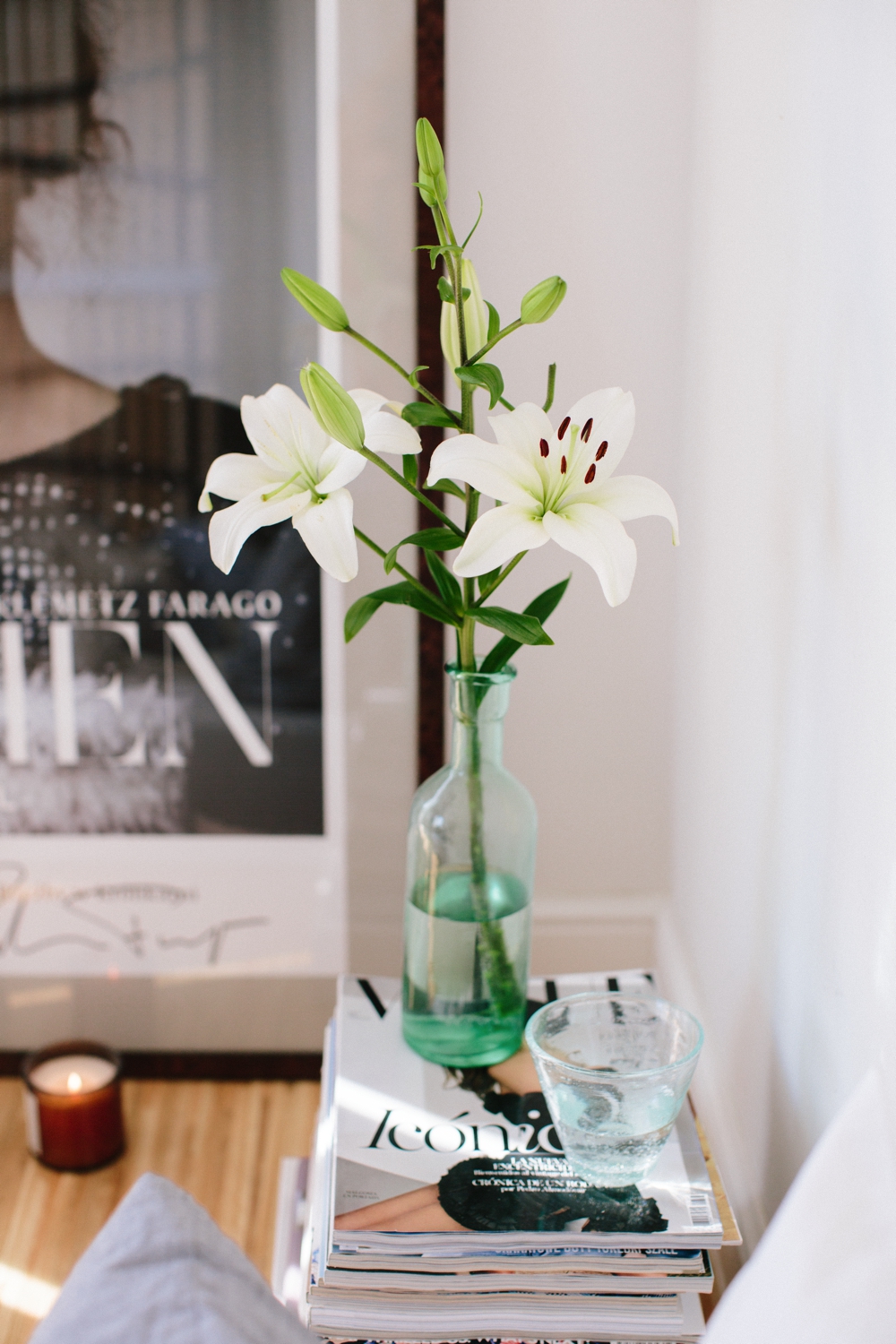
At the end of the Second World War, Paul Morand, a French writer and diplomat, came to St. Moritz at the special invitation of Coco Chanel. His task was to write down the memories of the famous fashion designer, who, already at that time, became the subject of interest not only for the French public opinion. However, Morand decided that he wouldn't publish his notes. Their conversation came to light only in 1978, one year after Gabrielle Chanel's death.
It is unknown whether there was any kind of deal between them or whether it was a mutual decision to conceal the effects of their work. Maybe Chanel wanted to preserve the glamour of her fame even when she would be long gone – the autobiography would still remind the readers about the designer. Or maybe Morand preferred to avoid the wrath of the protagonist of his book and not to publish something that may have made her angry. He was well aware that she was unpredictable and eccentric. Anyway, the book was finally published, and today, the famous „L'Allure de Chanel” is finally available in a Polish edition.
The unquestionable merit of "The Allure of Chanel," which sets the book apart from other biographies, is the presence of drawings created by Karl Lagerfeld himself – in fact, it is proof that the corporation created by Gabrielle Chanel hasn't boycotted the autobiography. I'm not surprised as the book is an example of truly great literature. In each chapter, the fashion designer elaborates on a different topic, provoking longer reflections at the same time; therefore, it's worth reading only a couple of chapters or pages at a time. Chanel, with a characteristic frankness, leads the reader into a world seen through her eyes, providing us with observations that are often brutal, yet very true…
"It's with what cannot be taught that one succeeds."
"How many windbags, mocked for their self-assurance, are simply quiet people, who, deep down, are frightened of silence."
"M A, whom I had offended, said to me one day: – you dislike me. I replied: – when did you think I had the time to do that?"
"My legend is based upon two indestructible pillars: the first is that I have come up from goodness knows where; from the music hall, the opera or the brothel; I'm sorry, for that would have been amusing; the second is that I am Queen Midas."
"It would be very difficult for a man, unless he were strong, to live with me. And it would be impossible for me, were he stronger than me, to live with him."
For one hundred years, Chanel has been the symbol of everything that is stylish, but it is clearly visible in the book that success didn't bring her happiness. The fashion designer was trying to blur the line between the myth and the truth as well as erase the moments that weren't fitting the intricate image of a strong woman who has no weak spots. However, the truth breaks through these masks, which she had been wearing throughout her whole life, also in this book. Despite the fact that the whole story is told by Coco herself, my evaluation of her life won't be more favourable at all. Probably, that is far from what she meant. "May my legend gain ground, I wish it a long and happy life!" – this Coco Chanel's desire surely came true.
***
Pod koniec II Wojny Światowej Paul Morand, francuski pisarz i dyplomata, przybył do St. Moritz na specjalne zaproszenie Coco Chanel. Miał za zadanie spisać wspomnienia słynnej projektantki, która już w tamtym czasie cieszyła się powszechnym zainteresowaniem nie tylko francuskiej opinii publicznej. Morand nie zdecydował się jednak na wydanie swoich zapisków. Ich rozmowa ujrzała światło dzienne dopiero rok po śmierci Gabrielle Chanel w 1978 roku.
Nie wiadomo, czy taki był układ pomiędzy tą dwójką i czy wspólnie podjęli decyzję, aby efekt ich pracy pozostał w ukryciu. Być może Chanel chciała, aby blask jej sławy nie przygasł nawet wtedy, gdy odejdzie – autobiografia znów przypomniałaby o projektantce. A może Morand, wolał uniknąć gniewu bohaterki swojej książki i nie publikować czegoś, co mogłoby ją rozzłościć. Wiedział dobrze, jak potrafiła być nieprzewidywalna i ekscentryczna. W każdym razie, książka powstała, a dziś słynne „L'Allure de Chanel” doczekało się wreszcie polskiego wydania.
Niewątpliwą wartością "Czaru Chanel", odróżniającą ją od innych biografii, są rysunki wykonane przez samego Karla Lagerfelda – to zresztą dowód na to, że koncern stworzony przez Gabrielle Chanel nie zbojkotował tego tytułu. Nie dziwię się, bo to przykład naprawdę dobrej literatury. Projektantka w każdym rozdziale opowiada o czymś innym, skłaniając jednocześnie do dłuższych refleksji, więc tę książkę warto sobie dawkować. Chanel z charakterystyczną dla siebie szczerością wprowadza czytelnika w świat widziany jej oczami, serwując nierzadko brutalne, ale jakże prawdziwe spostrzeżenia…
"Sukces odnosi się dzięki temu, czego nie można się nauczyć."
"Iluż gadatliwych, o których pewności siebie się dowcipkuje, w głębi jest tylko milczkami, którzy boją się ciszy."
"Pan A. powiedział mi pewnego dnia, poirytowany: – Pani mnie nie znosi. Odpowiedziałam: – Jak się panu wydaje, kiedy niby mam na to czas?"
"Moja legenda opiera się na dwóch niezniszczalnych filarach: pierwszy to przekonanie, że pojawiłam się nie wiadomo skąd: z music- hallu, z opery albo z burdelu; żałuję, to byłoby zabawniejsze; drugi to opinia, że jestem żeńską wersją króla Midasa."
"Każdemu mężczyźnie byłoby bardzo trudno ze mną żyć, chyba, że byłby silny. A dla mnie byłoby niemożliwe żyć z nim, gdyby był silniejszy ode mnie."
Od stu lat Chanel jest symbolem wszystkiego, co stylowe, ale w książce widać bardzo wyraźnie, że sukces nie przyniósł jej szczęścia. Projektantka stara się zatrzeć granicę pomiędzy mitem a prawdą i wymazać ze swojego życia momenty, które nie pasowały do misternej kreacji kobiety silnej, bez żadnych słabości. Prawda jednak i tak przebija przez maski, które nakładała przez całe życie, także w tej książce. Mimo, że Coco sama opowiedziała swoją historię, moja ocena jej życia wcale nie będzie życzliwsza. Ale chyba zupełnie nie o to jej chodziło. "Niech moja legenda idzie swoją drogą, życzę jej długiego i dobrego życia!" – to pragnienie Coco Chanel na pewno się spełniło.















Komentarze